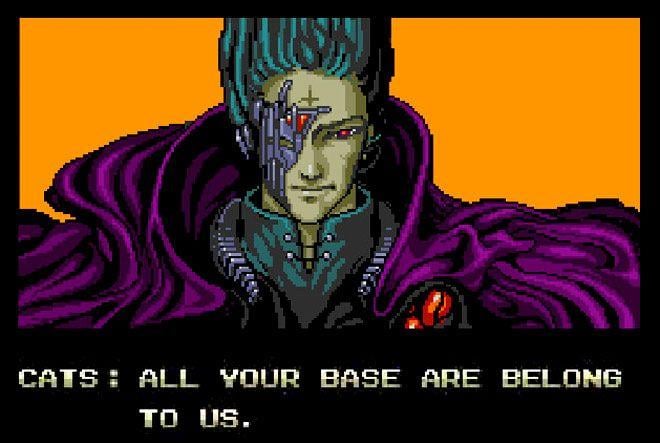
I've written extensively about Japanese sensibilities inflecting global youth culture, but never imagined Osamu Dazai going viral in US. Thanks to an anime, #dazaiosamu has 1.4b TikTok views & Keene's translation of No Longer Human is Amazon bestseller. amazon.com/gp/product/081…
The anime is called Bungo Stray Dogs, and portrays Meiji/Taisho literary greats in bishonen and bishojo style. Dazai is the protagonist, a “suicide-obsessed detective.” (The real Dazai committed suicide in 1948.) Here’s real Dazai, haunting Bar Lupin in Ginza, and anime Dazai. 



Bar Lupin is real, and it's still open in Ginza (or was, pre-Pandemic). Its signature cocktail is the Bamboo, a concoction of vermouth and sherry with bitters. It's good, astringent, a classic Meiji-era drink. More on that here: japantimes.co.jp/life/2018/03/2… 

Bamboo cocktail recipe:
1.5 ounces dry sherry
1.5 ounces dry vermouth
1 dash Angostura bitters
1 dash orange bitters
Garnish w/ lemon twist
1.5 ounces dry sherry
1.5 ounces dry vermouth
1 dash Angostura bitters
1 dash orange bitters
Garnish w/ lemon twist
• • •
Missing some Tweet in this thread? You can try to
force a refresh





















